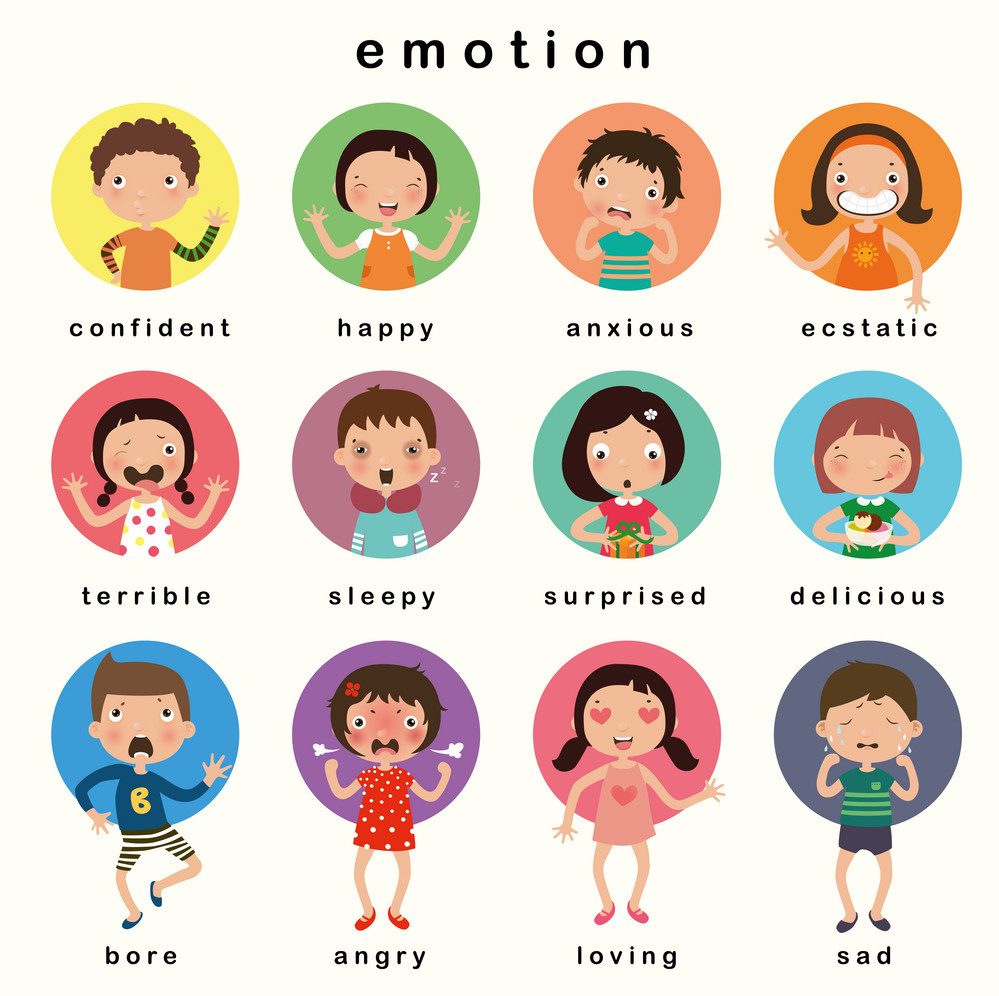
A 2012 national survey found that 70% of Americans agreed “it is sometimes necessary to discipline a child with a good, hard spanking” (Cuddy & Reeves, 2014).
The topic of how to discipline children is sensitive and diverse among parents across generations. Think back to how your parents disciplined you when you were young. Perhaps you were spanked, or yelled at, sent to your room, were put in timeout, had activities and things withheld or endured other harsh punishments and restraints. If you’re already a parent you may be thinking of those practices and decided which ones to use and which ones you’ve chosen to leave behind.
Though discipline is an important and necessary part of what parents do, and while opinions and practices may vary by family, community, circumstances, or culture, one principle that parents and caregivers can all agree on and which matters a great deal to the well-being and development of children, is for parents to avoid harsh discipline.
Elder Lynn G. Robbins, in an April 2011 General Conference Talk titled ‘What Manner of Men and Women Ought Ye to Be?’ taught, parents have no greater opportunity to teach their children Christlike attributes than in the way they discipline them (Robbins, 2011, para. 17).
Elder Robbins also taught the word Discipline comes from the same root word as disciple and implies patience and teaching on our part. He adds discipline should not be done in anger and echos the teachings from Doctrine & Covenants Section 121 that it should be done “by persuasion, by long-suffering, by gentleness and meekness, and love unfeigned; by kindness and pure knowledge” (Robins, 2011, para. 17).
Watch Elder Robbins talk HERE to learn more about Christlike correction and his support in avoiding harsh discipline.
Dr. Laurence Steinberg, in his book 10 Basic Principles of Good Parenting, similarly taught four ways to avoid harsh discipline.
- Never use physical punishment
- Don’t be verbally abusive
- Control your anger
- Learn the right way to punish
Dr. Steinberg writes that physical punishment, such as spanking, hitting, or slapping, has the worst side effects including excessive aggression and early conduct problems. He teaches verbal abuse, such as name-calling, sarcasm, humiliation, or accusation, can be the cause of a heightened risk for poor self-esteem and clinical depression. Like Elder Robbin’s thoughts, Dr. Steinberg teaches parents should never discipline their child in anger and should learn to recognize and control when they are feeling angry before reprimanding. Dr. Steinberg’s final tool to helping avoid harsh punishments is learning the right way to do it. He cites five elements for effective punishment. They are typically practiced in the following order:
- An identification of the specific act that was wrong.
- A statement describing the impact of the misbehavior.
- A suggestion for one or more alternatives to the undesirable behavior.
- A clear statement of what the punishment is going to be.
- A statement of your expectation that your child will do better the next time. (Steinberg, 2004, pg. 156).
As parents put into practice the tools and principles Elder Robbins and Dr. Steinberg have taught, they will be able to guide children to learn and understand correct behavior. When parents are moved upon by the Holy Ghost to reprove with patience and love they will be able to avoid harsh discipline and see their children the way our Heavenly Father sees all his children.
References
Cuddy, E., & Reeves, R. (2014, November 6). Hitting Kids: American Parenting and Physical Punishment. Brookings. Retrieved from https://www.brookings.edu/research/hitting-kids-american-parenting-and-physical-punishment/
Robbins, L. G. (2011, April). What Manner of Men and Women Ought Ye to Be? General Conference. Retrieved from https://www.churchofjesuschrist.org/study/general-conference/2011/04/what-manner-of-men-and-women-ought-ye-to-be?lang=eng
Steinberg, L. (2004). 10 Basic Principles of Good Parenting. Retrieved from Brigham Young University Idaho Website: https://content.byui.edu/file/4de04ca1-9da9-4b75-bfd2-1a87b913a12a/1/Parenting_2.pdf



Leave a Reply